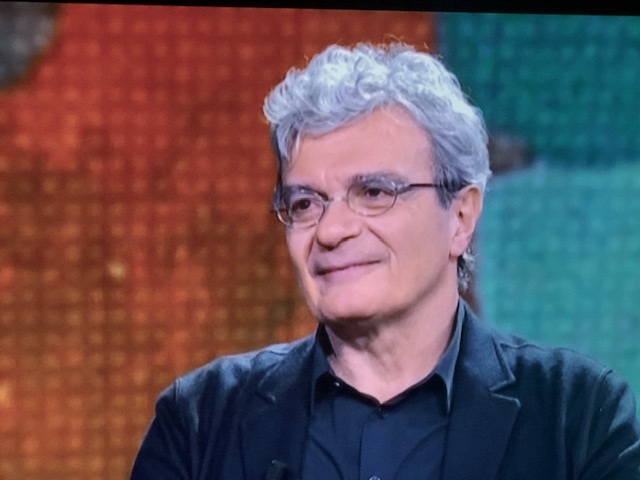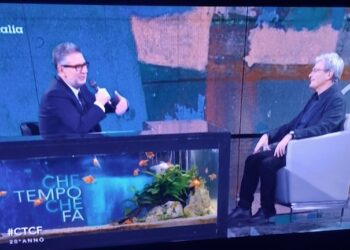Announced a few months ago, “Someone Down There Loves Me” a new homage docu-film on Massimo Troisi, will be presented at Berlinale.
Troisi, who played the simple postman who rides his bicycle on the sandy terrain of an Italian island to deliver mail to his sole client, the Nobel Prize-winning poet Pablo Neruda, died tragically of congenital heart failure at age 41 in June 1994, the day after “Il Postino” finished shooting at Rome’s Cinecittà studios.
Directed by Mario Martone, this project is a personal journey and a labor of love that the Neapolitan author has made to rediscover the unforgettable “comic of feelings.“

The 73rd Berlin International Film Festival, which will be held from February 16 to 26, will see Kristen Stewart as President of the Jury. The feature film arrives on the occasion of the 70th anniversary from the birth of the artist from San Giorgio a Cremano.
The project also makes use of the contribution of several other authors. Some of them have not worked directly with Massimo Troisi, but have been decisively influenced by him.
The documentary film by Mario Martone was born from the specific purpose of the Neapolitan author to highlight Massimo Troisi as director, even more than as the great comedian we all know. In re-editing scenes from the late artist’s films, Academy Award nominee for “The Postman”, Martone outlines his artistic career from the beginning to the end. Through the docu-film, he retraced the salient points of his training which has the city of Naples as a common matrix to Massimo Troisi.

And precisely through the operation of editing, Martone manages to intersect conversations and debates between people who, however, have not had direct dealings with the “comedian of feelings”, but who have been irrevocably marked by him. Among the faces that appeared in “Someone Down There Loves Me” we find Francis Small, Paolo Sorrentino, Ficarra and Picone. In the film we will also see those who made possible his posthumous work, “The Postman”, that is, Michael Radford and Roberto Perpignani.
Anna Pavignano who collaborated with Troisi in the writing of his films, also co-wrote this screenplay. “Massimo has always remained alive in the collective imagination,” explained Martone about the project, continuing, “because it was one great soul and a great artist. And it is very special for me to work on the screenplay with Anna, who wrote all of Massimo’s films and whose presence alongside her indicated very well how open, dialectical, forward Massimo was in his vision of things. How much can he still talk to us now. We make this film to listen to it again, to see it again, to be with it.











